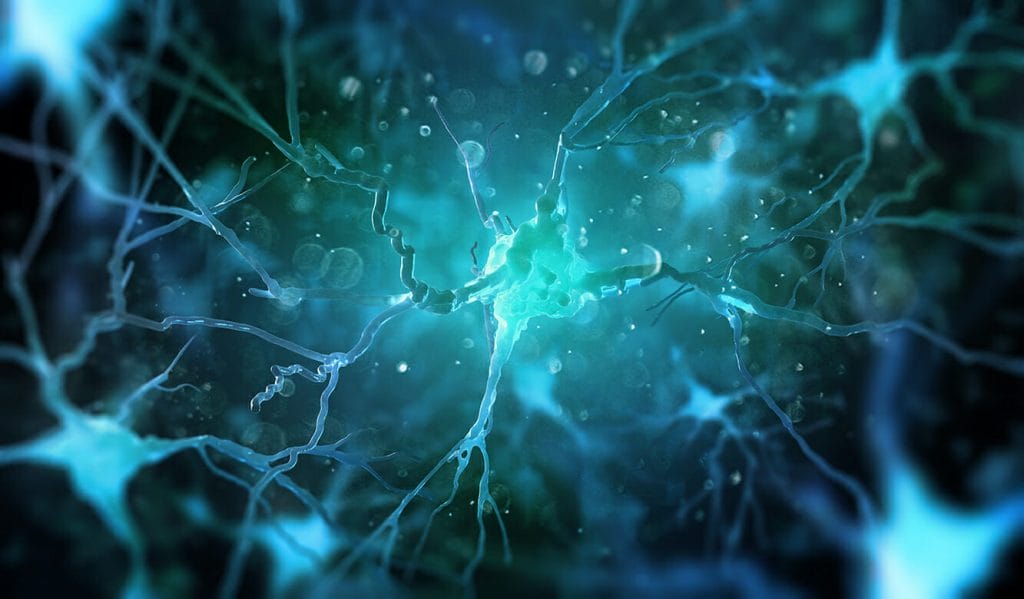Tired All The Time (or TATT) is now recognised in medical general practice as a catchall term for overwhelming fatigue that around 20% of the UK population report on a daily basis. This is not a normal state to be in so once certain conditions have been investigated and managed or excluded as the cause of low energy (e.g. under active thyroid function) what can be done to boost and maintain energy levels naturally?
Diet and lifestyle changes can make a huge impact on a sustainable increase to our energy and vitality. To start with we need to supply the body with the right types of fuel. The types, amounts and proportions of carbohydrates, fats and proteins we consume on a daily basis contribute to both energy production and energy stores.
However, it’s not just what fuel we eat that matters but how efficiently the body is able to convert that fuel into the energy molecule ATP (adenosine triphosphate), which is produced in our cells. ATP is fundamental to all living processes including feeling energised, digestion, detoxification and heart and brain function so any shortage of ATP is going to affect how we feel including how much get up and go we have!
The conversion of food into ATP occurs via different cellular pathways that require many nutrient cofactors, namely B vitamins, magnesium and CoEnzyme Q10. Magnesium is also a key part of the structure of ATP, alongside D-ribose. The cellular pathways that produce the most ATP take place in the mitochondria, otherwise known as the batteries of the cell. So any disruption to the supply of nutrients for the production of cellular ATP (e.g. cofactor deficiencies and damage to mitochondria by toxins) results in reduced energy output by the cells.
ATP production can be supported by supplying the energy-producing pathway cofactors such as B vitamins, magnesium (in organic form such as magnesium citrate) and CoEnzyme Q10, as well as supplying the building blocks of ATP including D-ribose. These nutrients can be found in a balanced diet but can also be supplemented to support ATP production and any dietary deficit.
Healthy mitochondria also require omega 3 essential fatty acids (EFA) and antioxidants, which can be found in foods such as oily fish and vegetables respectively. Good quality omega 3 EFA supplements such as krill oil and antioxidants such as Vitamin C and E may also be useful in providing extra support for energy production.










